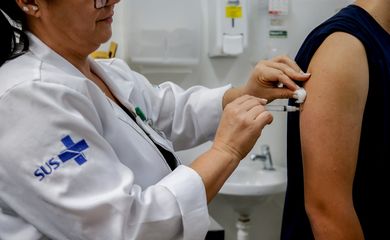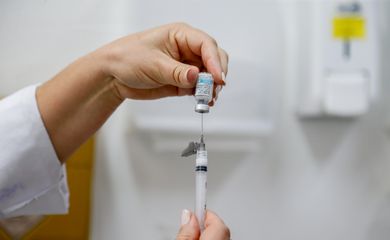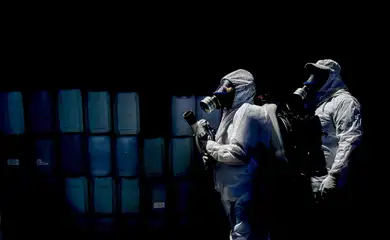São Paulo decrees public health emergency over dengue fever

The São Paulo State Health Secretariat on Wednesday (Feb. 19) declared a public health emergency in the state due to the worsening of the dengue epidemic. The announcement was made at the Butantan Institute by Secretary Eleuses Paiva.

The main justification for the move is the high incidence of the disease in the state—300 cases for every 100 thousand people, affecting 225 municipalities. Sixty of these have instituted municipal decrees of emergency. State figures confirm 124 thousand cases of the disease this year and 113 deaths. A total of 233 deaths are still under investigation.
According to the Ministry of Health, 131 deaths from the disease have been recorded countrywide this year.
Last year, dengue caused claimed 6,216 lives in Brazil, 2,174 of them in São Paulo state. The period with the highest incidence of the disease is usually from April to June, as was the case last year.
The vaccine
Butantan Director Ésper Kallas, has been following the development of the single-dose vaccine against dengue since its initial stages at the Medical School of the University of São Paulo (USP). The inoculation is in the final stages of approval by the national drug authority Anvisa. No deadlines have yet been announced for mass production and availability.
The Emergency Operations Center for Arboviruses, which recommended the state to declare the emergency, has also determined measures for the fight against Aedes aegypti, the mosquito that transmits dengue, as well as for patient care. Among the measures planned is the release of a further BRL 3 million in mosquito fogging equipment and an as-yet-undisclosed amount of medicines and health items—such as oral rehydration salts and saline solution—which will be passed on to municipalities where the provision of supplies has been disrupted.







